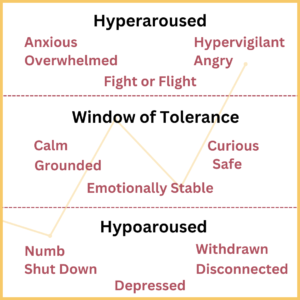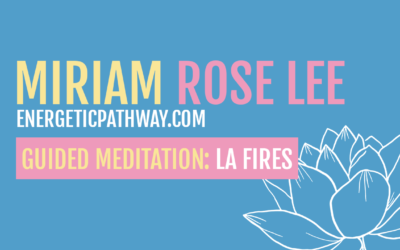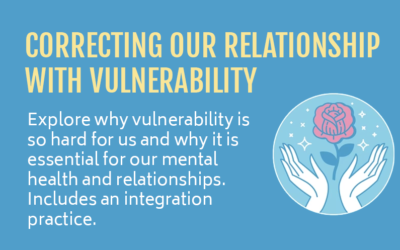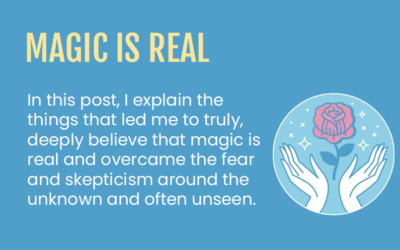As humans, we often find ourselves outside of our window of tolerance, which means we are emotionally dysregulated. Signs of not being emotionally regulated can range from feeling like you are anxious to feeling completely shut down. The goal for either tends to be the same: getting back to “okay” and emotional regulation. The first step in returning to our state of calm is to recognize our current emotional state. Some of the key terms that can be used to help us identify which state we are in are described below:
Within Our Window of Tolerance (Emotionally Regulated) 
When we are within our window of tolerance, we are emotionally regulated. In this state we often feel calm, curious, safe, grounded, emotionally stable, and in the present moment.
HYPERaroused (Emotionally Dysregulated)
When we are hyperaroused, we are outside of our window of tolerance. In this state we often feel anxious, overwhelmed, hypervigilant, restless, angry, or in fight or flight mode.
HYPOaroused (Emotionally Dysregulated)
When we are hypoaroused, we are also operating outside of our window of tolerance. In this state, we can feel numb, shut down, disconnected, zoned out, withdrawn, or even depressed.
Once you identify where you are, then you move on to the appropriate regulating resources that can help move you back toward your window of tolerance.
It is important to note that sometimes the changes can be relatively subtle. Therefore, remember that even small changes in the right direction are actually signs of huge progress when it comes to helping calm your nervous system back down.
5-4-3-2-1 Senses
One way to help get yourself back into the present moment is by using your senses. You simply stop what you are doing and thinking and name (out loud if possible) the following:
- 5 things you can see
- 4 things you can touch (and touch them)
- 3 things you can hear
- 2 things you can smell
- 1 thing you can taste
Naming Objects of a Specific Color
For this regulation resource, you choose a color that is relatively uncommon (e.g. pink, purple). Then, you look around your environment and name (out loud if possible) 5 items that you see that are that color. The key is choosing a color that is somewhat harder to find in your environment so that your mind gets focused on trying to solve the task. If you choose black, for example, it would likely take you no time at all to find 5 black items, typically without even having to turn your head.
Using Imagery To Ground Yourself
Another tip is to close your eyes if you are comfortable. If this makes you anxious or is not possible, then you can hold a gentle gaze towards the floor or the wall. Then imagine that your feet have tree roots growing out of them and connecting deep into the core of the Earth. Imagine that as the wind blows, your feet – like a tree – are firmly planted on the stable ground. This method is one of my personal favorites. Our imagination can help us truly ground deeper into our bodies in a manner that feels safer, more present, and better able to withstand the “winds” of life.
Other Resources That May Be Helpful
Each person is unique; therefore, the most helpful resource will vary depending upon the person. Below is a list of some additional resources that may be helpful:
- Yoga
- Meditation
- Working out
- Shake therapy (YouTube Video)
- Breathing exercises (4, 7, 8 YouTube Video)
- Taking a hot bath
- Running
- Mindful eating or drinking
- Talking to a friend or family member
- Coloring or another craft activity
- Mindful walking
There are many other options as well. The key is to make a customized list for yourself and when you’re feeling dysregulated go through your list and pick one out to try. Notice where you are before and after your regulating exercise. If needed, choose another regulating resource to continue to help bring you closer to your window of tolerance.
Episode 7: Understanding Emotional Regulation and Dysregulation
Looking to learn more about emotional regulation and dysregulation? Check out Episode 7 on the Energetic Pathway Podcast.



